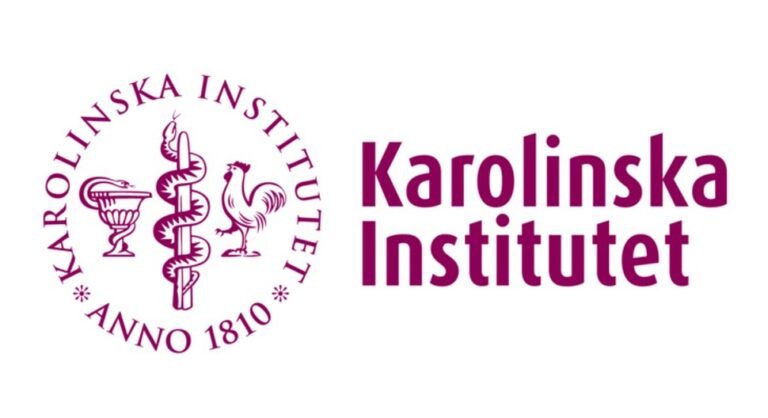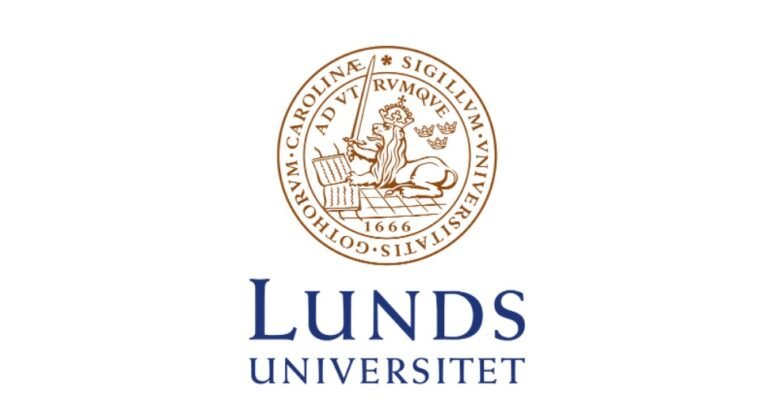Your mission
We have an opening for an individual wishing to join us in further developing our spatial biology workflows. The successful candidate will be expected to advance our recently established DESI-MRM mass spectrometry imaging method (see PMID:39460704). Applicants will also be involved in development of our multi-modal imaging workflow coupling DESI-MRM with spatial transcriptomics to map spatial dysregulation in metabolism. Spatial analyses will be performed in multiple model systems including ex vivo human lung tissue and in vivo animal models using both rodent as well as zebra fish-based models. These efforts will include imaging metabolic responses to specific challenges including pro-inflammatory exposures (e.g., T1 and T2 cytokines) as well as environmental chemicals of concern (e.g., PFAS, microplastics) followed by spatial transcriptomics to identify the immune cell niches associated with the formation of specific metabolites. Results will be integrated using in-house software developed in collaboration with the Spatial Biology platforms at the Science for Life Laboratory.
Position Responsibilities
Required:
- Perform targeted LC-MS/MS and DESI-MRM acquisition of biological samples (including tissue extraction and cryosectioning)
- Process and analyze these data modalities (using open-source R and python packages)
- Design experiments to probe unanswered spatial questions in metabolic dysregulation
Optional:
- Further develop our mass spectrometry imaging method to increase sensitivity, molecular coverage, spatial resolution and molecular specificity
- Build and implement open-source tools to develop our multi-modal efforts to spatially correlate cell, transcript and metabolite distributions
- Perform spatial transcriptomics using MERFISH (including probe selection)
- Tissue dissection and ex vivo stimulations in human lung.
- Perform zebra fish culturing and conduct targeted exposures
Your profile
We are looking for highly motivated candidates with a Ph.D. in a relevant field. Given the scope of the research, a range of different backgrounds could be appropriate, including bioanalytical chemistry, mass spectrometry, spatial biology, or bioinformatics. The successful candidate will be expected to use and further develop mass spectrometry-based methods for imaging small molecules in a range of tissues. Prior experience working with mass spectrometry imaging or spatial biology is considered a merit. Excellent communication skills and an ability to interact socially and scientifically with other members of the laboratory and with international collaborators are essential.
Postdoctoral scholarships may be established for foreign researchers who pursue their merit in Sweden. The purpose of scholarships for postdoctoral qualification is to promote internationalization and contribute to research qualification after a doctorate or equivalent.
A scholarship for carrying out postdoctoral research can be granted for a maximum of two years within a four year period following the receipt of a doctoral degree or equivalent.
To be eligible for a postdoctoral scholarship, the person must have obtained a doctorate or a foreign degree deemed to be equivalent to a doctorate. Applicants who have not completed a doctorate at the end of the application period may also apply, provided that all requirements for a completed degree are met before the (intended) start date of the post doctoral education.
The head of the department determines whether their previous training and scholarly qualifications correspond to a Swedish doctorate or higher.
What do we offer
We offer a creative and inspiring environment full of expertise and curiosity, which includes excellent opportunities for training in spatial biology. The laboratory offers state-of-the-art equipment, including dedicated multiple mass spectrometers (for LC-MS/MS and MSI) in a new custom designed state-of-the art analytical facility with strong collaborations with industry (enabling access to new instrumentations and training). The research environment includes a vibrant spatial biology community at the Science For Life Laboratory (SciLifeLab; https://tinyurl.com/3uvd4smu) with direct access to the latest spatial technologies, including laser microdissection, microscope slide scanning, MERFISH, VISIUM, and SCRINSHOT, as well as experienced personnel to train and assist integrating these technologies into our multi-modal workflows. Local resources include the BioImage Informatics Facility (BIIF; https://tinyurl.com/5n7swkdh), Biomedicum Imaging Center (BIC; https://tinyurl.com/3e72f275) and the Histology Core Facility (HistoCore; https://tinyurl.com/2ftj8vxb) as well as the Zebra fish core facility (https://tinyurl.com/yvmcfe3t), which is the largest in Scandinavia.
The Karolinska Institute is one of the world´s leading medical universities. Its mission is to contribute to the improvement of human health through research and education. Our vision is to pursue the development of knowledge about life and to promote a better health for all. At Karolinska Institutet, we conduct successful medical research and hold the largest range of medical education in Sweden. Karolinska Institutet is a state university, which entitles to several benefits such as extended holiday and generous occupational pension. Employees also have access to our modern gym for free and receive reimbursements for medical care. The successful applicant will belong to the Unit of Integrative Metabolomics in the Institute for Environmental Medicine. This full-time scholarship is temporary (two years).
Type of scholarship
The amount is tax free and it is set for twelve months at a time, paid out on a six months basis. In exceptional cases, shorter periods may be acceptable.
Location: Solna
https://ki.se/en/imm/unit-of-integrative-metabolomics
Application process
An application must contain the following documents in English or Swedish:
- A complete curriculum vitae, including date of the thesis defence, title of the thesis, previous academic positions, academic title, current position, academic distinctions, and committee work
- A complete list of publications
- A summary of current work (no more than one page)
The application is to be submitted on the Varbi recruitment system.
Want to make a difference? Join us and contribute to better health for all






